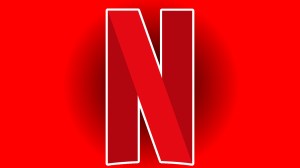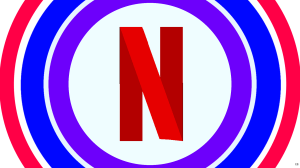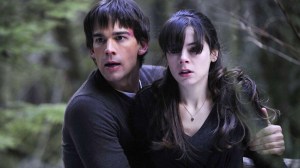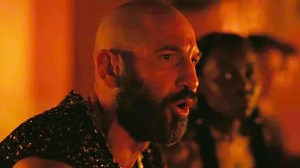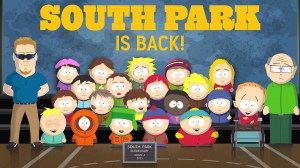In Star Trek: Discovery‘s third season, Paul Stamets, played by Anthony Rapp, had a lot going on. He was trying to reaffirm his relationship with partner Hugh Culber (Wilson Cruz), who had come back from the dead. He became a surrogate father figure to young prodigy Adira Tal (Blu del Barrio). He was also a vital component in making use of the USS Discovery‘s unique spore drive, which he designed, which was made all the more valuable after Discovery‘s jump into the future, where the dilithium crystals that power traditional warp drives had become incredibly scarce. So yes, the brilliant Starfleet scientist had a lot on his plate.
Videos by ComicBook.com
But that meant more for Anthony Rapp to do. The season won a GLAAD Media Award for its representation of LGBTQ+ characters, citing the family formed by Stamets, Culber, Adira, and Adira’s incorporeal boyfriend Gray (Ian Alexander). Plus, Rapp got to switch gears to play Mirror Stamets during the season’s brief jaunt into the Mirror Universe. All the while, he and several of his co-stars started a behind-the-scenes Dungeons & Dragons campaign.
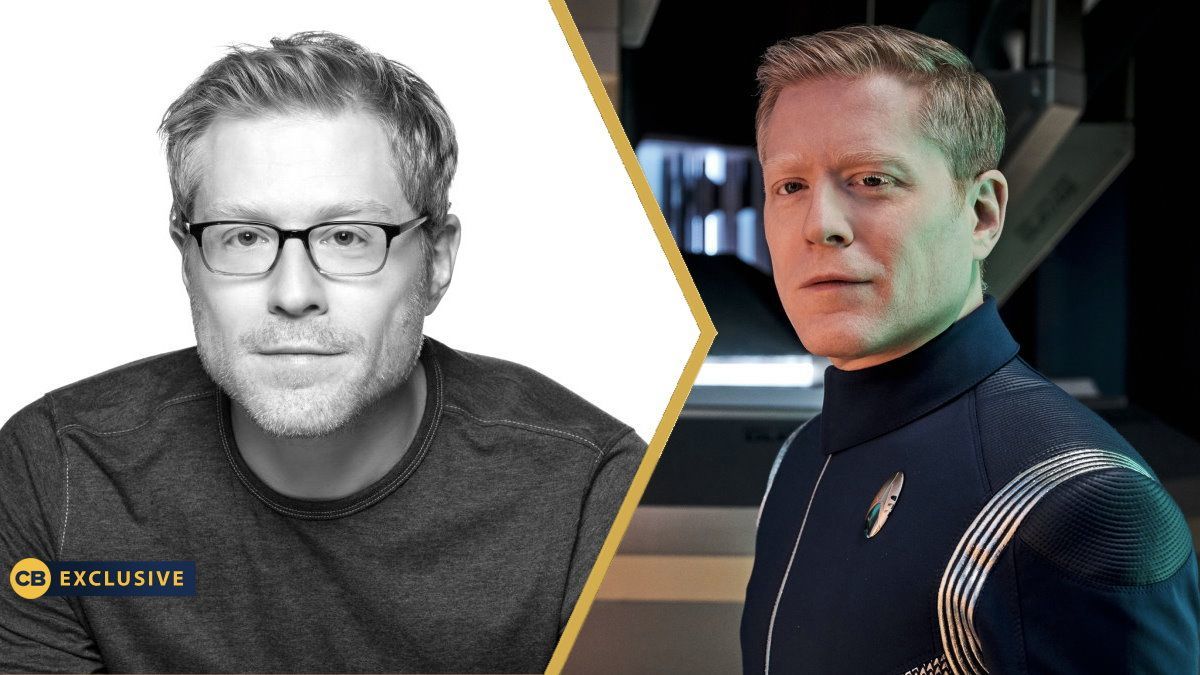
Star Trek: Discovery Season Three is now available on Blu-ray and DVD. ComicBook.com had the opportunity to speak to Rapp over the phone about the season, touching on representation, the Mirror Universe, what’s next for the show. We even got to talk a bit about his hobbies. Here’s what he had to say:
I found it interesting about season three, and I mentioned this to Michelle Paradise when I interviewed her when the finale came out. It feels like season three really wrapped up the big story arcs that started in season one. Michael Burnham gets the captain’s chair, Saru reconnects with his planet, and for your character, he finds that work-family balance he was struggling with at first, seeing his work used for the military and then losing Hugh and coming back. Do you see it that way, that this first chapter of his arc is done as that season wrapped up, and you move on to what’s next? Or do you see it as still a continuation of that?
I see what you’re saying. I think that makes a lot of sense. I think that the big thorny stuff of trying to figure out life with everything that happened, yeah, all the bulky stuff is now nicely resolved, and then it becomes more about, okay, now how do you really take care of each other in an ongoing basis? And with Adira and Gray, they’re our family, and so now we’re there for them. We support them. We love them. So it’s not as fraught. I think I hadn’t thought of it exactly in that sense, but I think what you’re saying makes a lot of sense, and I do agree.
The series has received a lot of praise for its depiction of gay characters, non-binary characters, and other members of the LGBTQ+ community. There was a little bit of trepidation with the first season with Hugh dying that it would fall into the “bury your gays” trope. What are your own feelings on that now that you’ve gone from that to having this non-binary, gay, trans family on the ship? And have you seen a different reaction from fans of the story as continued?
It’s such an interesting thing. I totally understand and understood the response to Hugh’s murder as a “bury your gays” trope. It’s just it was, from my perspective at the moment, so much about Paul. It was centered on Paul’s experience of everything that he was having to sacrifice for the greater good. But yes, I totally understood also at the same time that too often, gay characters have had to suffer much more so than sometimes the straight characters in a story. So I understood people being upset about that, but also knowing what was coming, that he was going to come back, I didn’t know exactly how, but I really did love the way that all got explored from a fantastical manner, but one that was grounded in the notion of life doesn’t end, life just transforms, life continues.
Life is energy, and energy keeps moving. I thought that was a poetic and beautiful way to do it, but I also am grateful that the drama between Hugh and Paul moved through itself and resolved, and that we were able to take care of each other in season three, that all was behind us. And the introduction of Adira and Gray, not just from a point of view of representation, but from also a point of view of getting to introduce these wonderful young actors who are so authentic in who they are, not only in their work but also who they are in the world, that just fills my heart. I’m just so incredibly proud of them and incredibly honored to be their friend and peer. From a representational standpoint, I love that this is something that’s happening. It feels organic, it feels earned, and it feels true and authentic.
In light of that early concern in the first season, Stamets and Culber’s relationship and now a family with Adira and Gray, I believe it’s the highest-profile LGBTQ relationship there is in terms of big franchises — Star Wars doesn’t have anything comparable, Marvel doesn’t have that — so do you feel any additional pressure regarding representation since it’s so rare at this level? To really get it right, so to speak?
Actually, no, I don’t feel pressure. I feel it’s an honor, and I hope that it encourages these other worlds to do it. It’s mystifying and sad to me that it’s just still so rare. I think we’ve demonstrated so fully how much it can matter and how much it can mean to so many people and how important it is, and how also seamless it can be. It’s not like there’s a lot of stuff around it in the text of the show. There’s not any signaling. It’s just, we are characters, and these are the facts of our lives, and these are our relationships just like any other character and any other character’s relationships.
So it’s not a heavy lift on the part of the writers to make it make sense or make it “palatable” or something. So I don’t know what the resistance is if it’s resistance per se in these other franchises, but I hope they really do it. And I know that there was pining for it in the Star Wars films, and it seemed like there was some signaling that it was coming, and then it didn’t come, and then that creates more resentment and more disappointment, which I understand. So some of that is still, frankly, a little mystifying to me that it’s still not in evidence.
Speaking more broadly about season three, since it’s coming out on Blu-ray now, is there anything you can think of that you think fans should look out for if they are revisiting this for the second time, or something you hope they might appreciate that the may not have grasped or appreciated first time around?
I think that people, if they’re just Discovery fans, who haven’t seen “The City on the Edge of Forever,” the [Star Trek: The Original Series] episode that features the Guardian Forever, I think I would encourage people [to watch it]. It was so fully thought out, and it’s such a tribute to that story that I think if you haven’t done that, I would encourage people to go back and watch the Original Series episode.
And I imagine that going back and watching the Mirror Universe episodes, knowing what we know — because I think when you’re first watching the series episode when you’re watching the season first time through, and you get to those episodes, it might be kind of like what is happening? Wait, what? — so then when you know what the puzzle is, then you can go back and watch it, I think, with fresh, excited eyes.
Speaking of the Mirror Universe, you got to suit up as Mirror Stamets again for a bit. I find Mirror Stamets especially interesting because Stamets is already a little more — he’s not murderous, obviously. Still, he is a little more cantankerous than most people think of when they think of a Star Trek character. How does that translate, in your head, when you’re inverting the character for the Mirror Universe?
When we were first approaching the Mirror Universe in season one, it’s the idea that it’s the same soul of a person, but the circumstances, the environment that you’re in, it completely changes how you think and what the cultural needs are in order to survive in that universe, it completely alters your way of being. So it’s the same soul, it’s the same intelligence, it’s the same general work ethic perhaps or whatever, but it’s just directed in a different manner.
And so, I don’t think that Prime Stamets is manipulative. Prime Stamets can be cantankerous, and a little arrogant, but has this incredible intellect and incredible work ethic. And I think Mirror Stamets has incredible intellect, incredible work ethic, but just had to learn how to be manipulative in order to survive. And so it’s sort of like those old audio equalizers. You can turn up your base and your treble, but you have all those different options. It’s kind of like that when approaching playing Mirror. It’s like you turn up the volume on this part of him and turn down the volume on that part of him.
I know that you’ve been playing Dungeons & Dragons with some of the cast members. It’s a slightly silly question. I’m wondering have you considered how and what kind of character Paul Stamets would play if he got to sit down and play a Dungeons & Dragons game?
It’s a really good question. There’s part of me that would say he would do something totally outside of the realm of what he normally gets to do in life. So maybe a barbarian, something like that. But on the other hand, I could also see him doing something really getting to get deep into the intricacies of the rules. So something complicated, like a sorcerer.
I like the idea of Stamets the Barbarian for some reason.
Yeah. I think there’s part of him probably that would really love to just cut loose like that.
Also, I know, from social media, that you’re a big reader and have an appreciation for sci-fi. Is there anything you’ve encountered recently that reminded you of what you do on Discovery or vice versa that you think fans of the show might appreciate?
Well, I haven’t read all of the Becky Chambers [Wayfarers series] novels, but I’ve read the first two so far, and I think that they have a deep connection to a Star Trek ethos of various alien races and cultures coming together and trying to work together, trying to forge a sense of community. And there’s a ton of heart in what she writes, and in her second novel, A Closed and Common Orbit, has a beautiful story about AI consciousness, sentience, and that’s something that I think that would really resonate with Star Trek fans too.
I know you can’t talk about season four in any detail, but fans are obviously eager to see it. Can you tell me anything about how production is going what is next for Stamets?
I think I can say that one of the exciting things for me is that I get to have some really nice moments with David Ajala, who is such a fantastic person and a wonderful actor, but we were on very different tracks in season three when he first came onto the show, so I may have had one moment where we even were in the same room. But in season four, I get a nice extended sequence with him, working with him on something, and that was just a total pleasure to get to spend that time with David and to watch his wonderful work in person. Stamets is working his butt off in season four; I can tell you that much, trying to help save the universe again.
***********************
Star Trek: Discovery Season Three is now available on Blu-ray and DVD. The first three seasons of the series are streaming now on Paramount+.
Note: If you purchase one of the awesome, independently chosen products featured here, we may earn a small commission from the retailer. Thank you for your support.


